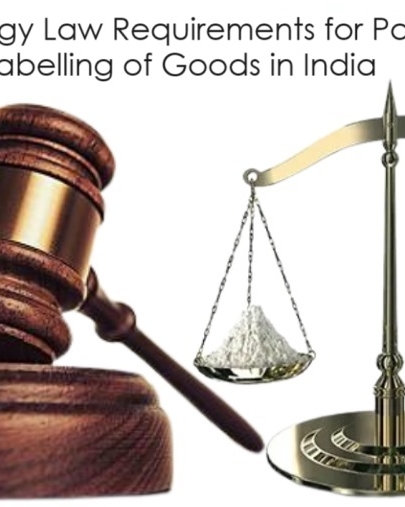
Protecting the Rights of Minors: Untangling the Legal Path
Author: Overseas Indian Desk, at ZEUS Law
A minor as per The Hindu Minority and Guardianship Act, 1956 (“the Act”‘) is a person who has not completed the age of eighteen years. In view of the tender age of the minor, the Act provides for the management of the person and the estate of a minor by his natural guardian i.e., his father and his mother. However, the natural guardian does not have unrestricted power and control over the minor’s property.
The Act deals with the powers of the natural guardian in this regard and clearly prescribes the procedures that a natural guardian is required to follow / comply with before dealing with the property of the minor. The natural guardian has the power to do all necessary and reasonable acts for the benefit of a minor’s estate. However, without the prior permission of the Court, a natural guardian cannot mortgage, charge, transfer by any means any part of the immovable property of the minor.
A natural guardian requires prior permission of the Court to lease the property of a minor for more than 5 (five) years or for a term extending more than 1 (one) year beyond the date on which the minor will attain majority. In case, the disposal of minor’s property is made without obtaining the prior permission of Court, then such a disposal is voidable at the instance of the minor or any person claiming under him. Therefore, if the property owned by a minor was sold, transferred, conveyed, or disposed of in contravention of the provisions of the Act, the same can be set aside by the minor on attaining majority. But this right of minor is subject to the rule of limitation. It means that the minor can exercise the option to repudiate or validate a sale deed which was made without the prior permission of the court of law, but he must exercise such option within the period prescribed by the law, i.e., within a period of three years from the date on which he attains majority. If the minor, after attaining majority (18 years) and within the limitation period chooses not to challenge the alienation, the alienation will be considered to be perfectly valid. On the other hand, if he challenges the alienation within the limitation period, the validity of the alienation will be decided by the court. Any suit to set aside an alienation of minor’s property by the natural guardian filed more than three years after the attainment of majority is barred by the Limitation Act.
Another important aspect with regard to the property held in the name of a minor is that specific performance of agreement is not possible against minors if there is non-compliance of mandatory provisions of the Act relating to alienation of minor’s property i.e., any agreement to sell entered into by a guardian on behalf of a minor without the permission of the court. The courts of law on various occasions held that for an agreement to sell the property owned by a minor and / or any property in which a minor has any share, a decree for specific performance cannot be granted if prior permission of the court has not been obtained by the natural guardians for the sale of such property or such share in a property owned by the minor.
Therefore, it is mandatory that before entering into any contract regarding the sale of an immovable property held by a minor, prior permission of court is obtained so that the contract is enforceable and valid in the eyes of law and any transaction by a natural guardian of immovable property owned by a minor without due sanction of the court will not have any legal force and would not be binding on such minor.
Thank you for reading! We hope you find the newsletter informative and insightful. For any queries, concerns or assistance, please feel free to reach out to us at [email protected]






















